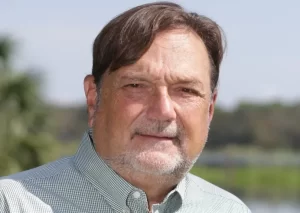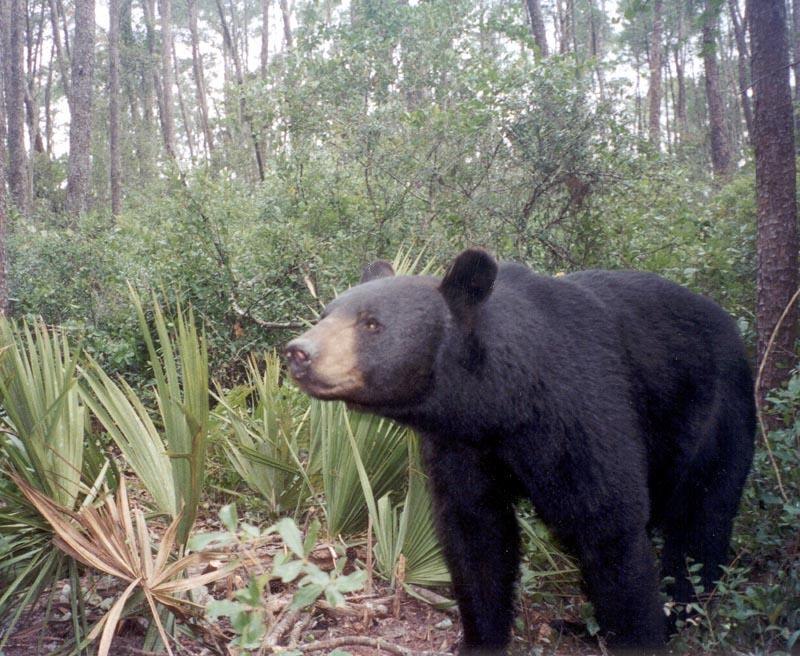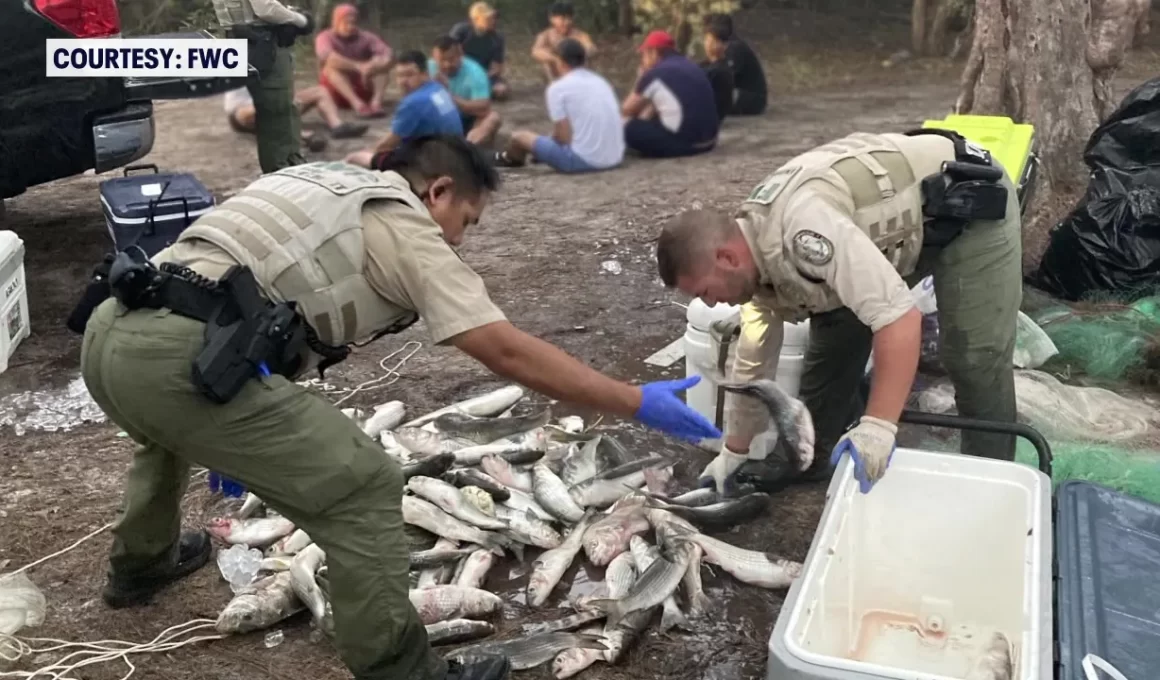By Clay Henderson

At first glance, Amendment 2 granting Floridians a constitutional right to fish and hunt is a positive step forward. Put on the November ballot by a nearly unanimous vote of the Florida Legislature, the amendment “definitely protects” the right to fish and hunt and “preserve Florida’s rich traditions.”
As an avid angler, my first thought was to welcome that protection. Proponents point to proposed hunting bans in a dozen states and the economic impact of fishing and hunting in Florida – estimated at nearly $16 billion a year. However, on further reading, I realized that Amendment 2 goes too far.
Floridians have always had a right to hunt and fish. These rights predate our constitution from a time when people thought fish and game were unlimited. Current state law provides a right to hunt and fish, subject to game and fishing regulations, which control the number, size and season for fish and game to be “harvested.” It’s how it should be.
Amendment 2 places the right to hunt and fish among the declaration of rights along with freedom of speech, religion, and due process and the right to vote, trial by jury and a right to privacy. But really, is one’s right to hunt and fish as fundamental as “the right to enjoy and defend life and liberty?”
The amendment goes too far in declaring this right to hunt and fish as a “public right.” No other right in our constitution is described in this way. It seems to imply this right is even more important than our other fundamental rights. Perhaps it means this right to hunt is more important than one’s right to “possess and protect property.”

The biggest concern for me and other mainstream conservationists is that the amendment proclaims hunting and fishing the “preferred means of responsibly managing and controlling fish and wildlife.” Really? Often the preferred means to conserve fish and wildlife is to limit hunting and fishing to protect their numbers. That’s why we have limits on the size of fish that can be taken and seasons for hunting.
These are reasonable rules to protect populations of fish and game. Those populations of snook, grouper, red snapper, and redfish have been severely regulated as their numbers have declined. Allowing more fishing will not increase their numbers. We don’t allow bear hunting in Florida because the bear population is confined to isolated areas and may not be sustainable. Many of us think this proposal is just a door to bring back bear hunting.
As one of a few lawyers who have drafted most of the environmental provisions of Florida’s constitution, I can tell you that every word matters in a proposed amendment. That’s why another section of this proposal is scary. It proclaims this right to hunt and fish includes “the use of traditional methods, shall be preserved forever.”
What does this mean? To me, it clearly means a return to steel-jaw traps, spears, gill nets, and other inhumane means of hunting and fishing. I can’t read this any other way.
The proponents argue this is not so because it doesn’t alter the authority of the Florida Fish and Wildlife Conservation Commission. But this is exactly why we don’t need this extra right. Florida has an independent constitutional agency with full authority over fish and wildlife to make conservation decisions based on sound science, not politics. I sponsored this amendment 25 years ago and it has protected hunting and fishing rights while also conserving wildlife. A new constitutional right to hunt and fish will require the commission to balance every new regulation against this new fundamental right.
The only threat to our right to hunt and fish has always been overhunting and overfishing. Birds once darkened the skies and our fish populations are a fraction of what they were in my youth. It’s no surprise that only 1% of Florida’s population has a hunting license and less than 10% have a fishing license. It’s just not as good as it once was.
Florida doesn’t need this extra right because it provides extraordinary public access to hunt and fish. Nearly all the state’s waters are open for fishing, and six million acres of public conservation lands are open to the privileged 1% with a hunting license. We bend over backward to give hunters what they want.
Take a good look at this amendment and I hope you agree that it goes too far.
Clay Henderson is the author of “Forces of Nature: A History of Florida Land Conservation” and “Audubon’s Birds of Florida.” He is president emeritus of the Florida Audubon Society and drafted the constitutional amendment that created Florida Forever, the state’s land-preservation fund.
Originally published Oct. 1, 2024
